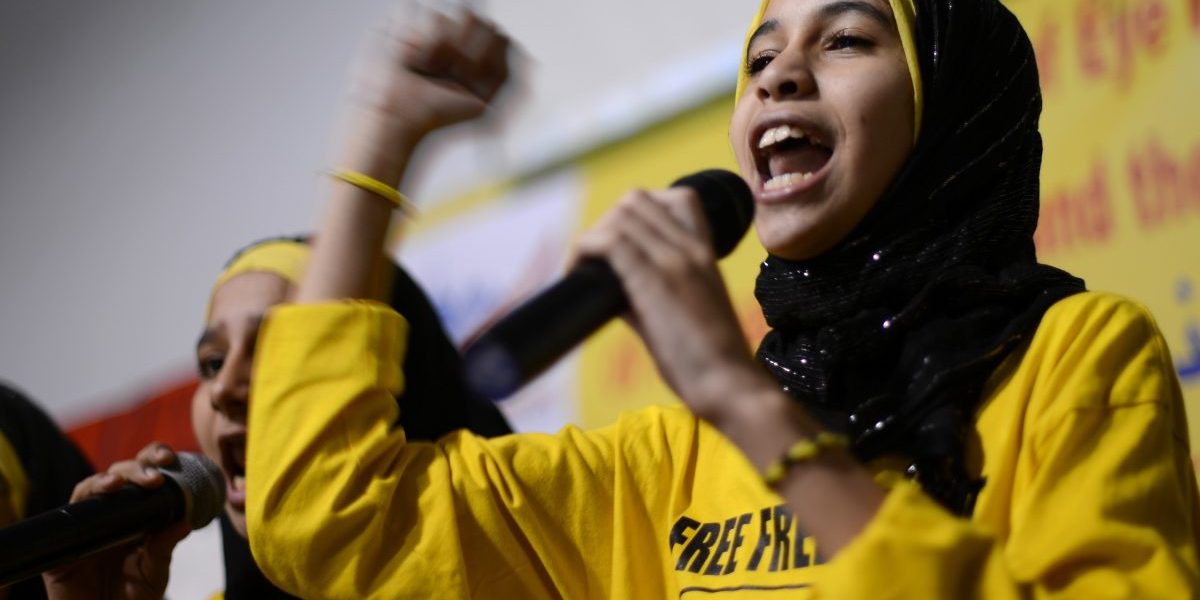Summary
- There is policy incoherence in how frameworks are interpreted and implemented at policy and programmatic level in Africa.
- While the traditional state-citizen relationship remains crucial for service delivery, Africa’s youth should no longer be seen just as beneficiaries but rather as stakeholders who should be empowered to participate at the level of agenda setting and decision-making for Africa’s development.
- Africa’s youth are a key yet neglected constituency across governance processes.
- The primary objective of participatory approaches and techniques is to ensure that the voices of ordinary citizens influence decision-making and empower them.
- Participatory approaches for young people need to ensure that youth presence, voice and visibility are enhanced. Youth should not be an afterthought but rather be included during the formulation of policies and programmes, while civic engagement and capacity building should be integrated into school curriculums to ensure that youth are empowered to participate.
- Some AU member states are listed as having ratified and deposited the African Youth Charter but are not signatories.
- The African Peer Review Mechanism has been heralded as the premier instrument for enhancing good governance in Africa. It is positioned to promote youth-related frameworks and ensure a common understanding of inclusion and participation.








